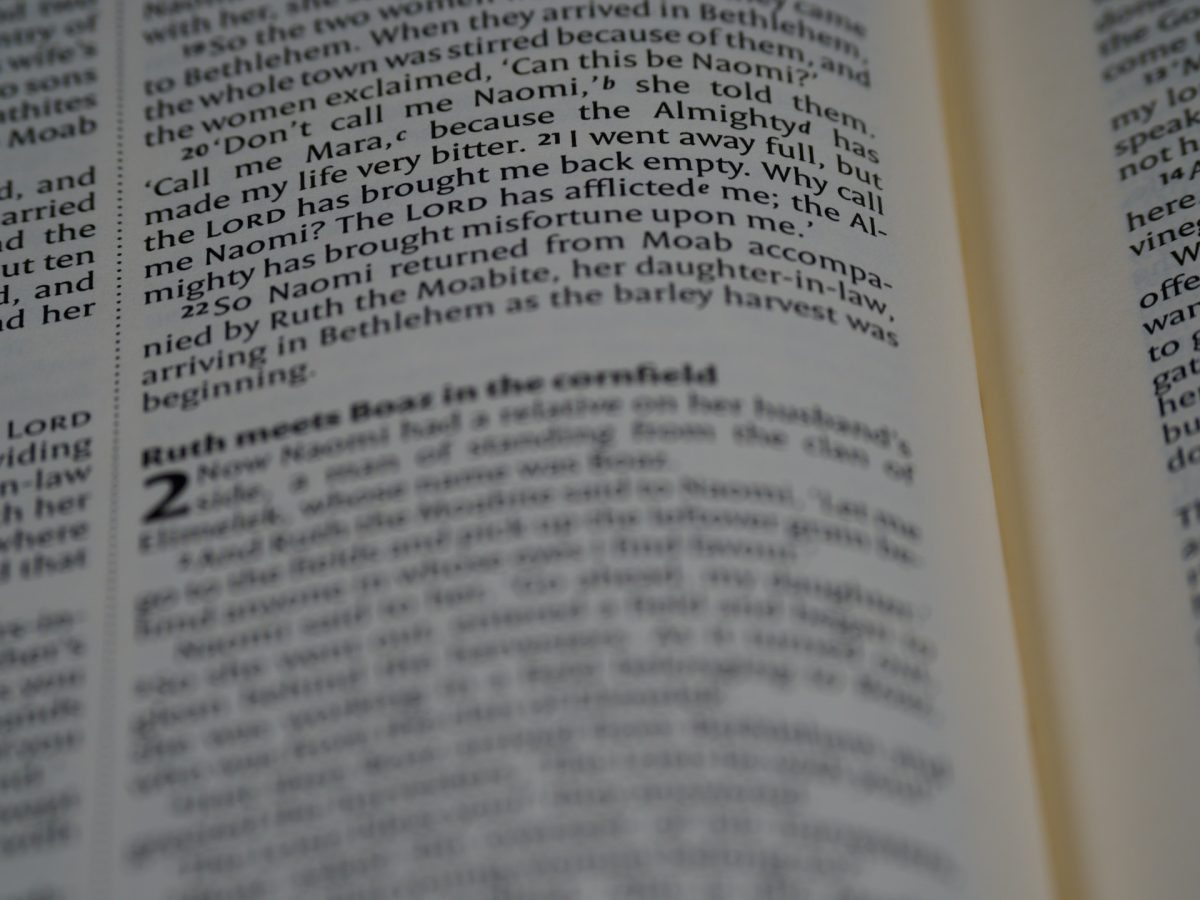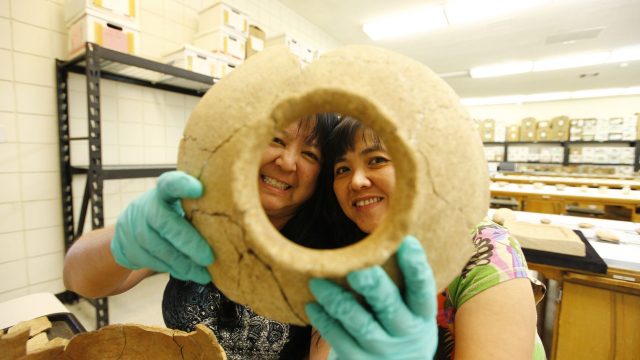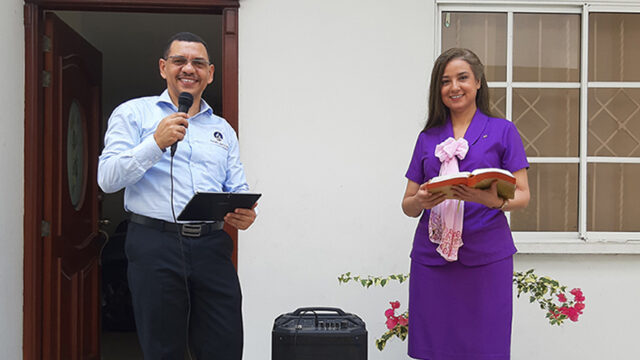The story of Ruth

The story of Ruth begins with the pragmatic move of Elimelech, Naomi, and their sons, Mahlon and Chilion, to Moab as they sought to escape the famine that plagued their homeland. This move made common sense—it was logical, it was practical. With the mass migration that characterizes much of the world today, people still move with a view of finding an easier, better life. Migration has become so commonplace that it can be seen as conventional wisdom to move to cities in your homeland or to more economically advanced countries as you search for a better, more prosperous way of life. Those who do not aspire to make such moves—whether in search of opportunities or to capitalize on open opportunities—are often seen as unduly lacking ambition. Often, they may also be judged as being unpragmatic and unwise.
These are some of the issues that people grapple with as they are confronted with a decision to move or not. At its root, the challenge is about securing the best possible lifestyle. This was what Elimelech and his family faced. This was the same challenge that Naomi, Ruth, and Orpah encountered. What specific path would lead to the best possible life for each of them?
Naomi
Naomi told her daughters-in-law, “Go, return each to her mother’s house. The Lord deal kindly with you, as you have dealt with the dead and with me. The Lord grant that you may find rest, each in the house of her husband” (Ruth 1:8, 9). As for her, she would return to her homeland. As far as conventional wisdom went, returning to their respective families was the most pragmatic move for Naomi and her daughters-in-law to make. Naomi saw the repatriation of Ruth and Orpah to their families and communities as the best opportunity for them to find new husbands and a new and better life. How did they respond?
Orpah
The tears that accompanied their parting were a clear indication that Orpah loved Naomi and vice versa. We might even safely deduce that she respected her mother-in-law. So her decision to return home could have arisen from both love and respect for Naomi. Orpah may have further reasoned and agreed with Naomi’s argument that the move home would indeed offer her the best possible opportunity for a good life yet—crowned perhaps with a husband and children. Whatever her actual reasons, Orpah decided to return home.
Ruth
Ruth’s decision seems conflicted— her reasoning was contrary to conventional pragmatism. Her resolve directly challenged Naomi’s logic. At face value she seemed to have less respect for Naomi’s thoughts than Orpah did. Ruth had no apparent thought or concern about how she would survive. She was young—would she remarry? What would happen to her? Would she find a job?
It is almost as if Jesus was reflecting on Ruth’s story when speaking in Matthew 6: “Do not worry about your life, what you will eat or what you will drink; nor about your body, what you will put on” (verse 25). All that Ruth seemingly cared about was Naomi and her God: “Entreat me not to leave you, or to turn back from following after you; for wherever you go, I will go; and wherever you lodge, I will lodge; your people shall be my people, and your God, my God” (Ruth 1:16). This is audacious faith, which places greater value on a relationship with God than on conforming to conventional human wisdom. Again, Matthew 6:33 summarizes Ruth’s faith: “But seek first the kingdom of God and His righteousness, and all these things shall be added to you.” And didn’t the story of Ruth hereafter prove the veracity of this verse!
Not Embracing Change
It’s significant to note that Orpah’s decision to return home meant turning her back on the God of heaven, because as the text said: “Look, your sister-in-law has gone back to her people and to her gods” (Ruth 1:15). This is instructive, as it gets to the heart of the implications of many decisions we make today. Many times God is left out of the details. Many times we’re not careful to ensure that at the end of a course our relationship with God is enhanced. Many times we resist the change that we could experience, because the religion of our parents is the religion we know and are comfortable with.
We should note that not all change is good and not all movement is progress. Sometimes we might be willing to move but still stubbornly hold on to our old ways, and sometimes we change but not for the better. There are many directions our lives could take when God isn’t at the forefront of our choices.
As you go through the story of Ruth, it’s not likely that you will find any hint of open resistance to God on the part of Orpah—she simply didn’t seem to care enough to insist on following a path that would lead to a better relationship with Him. She chose to go back to her old ways, to her old religion. Scripture encourages us to grow in grace and in the knowledge of our Lord and Savior, Jesus Christ (see 2 Peter 3:18). When we grow in grace, we experience change. This verse also speaks of growth in knowledge—learning. Changing and learning are linked: Learning, in one sense, is changed behavior. So as we grow in grace and in the knowledge of our Lord and Savior Jesus Christ, we change.
Embracing the Unknown
The seemingly obvious calculation in Ruth’s decision to go with Naomi was:
She resolved to go wherever Naomi went. This is so much like Moses, who chose to suffer affliction with the people of God than to enjoy the pleasures of sin for a season (see Heb. 11:24, 25). There’s something about being attracted to God’s people once we begin to turn to Him.
She left the outcome of her life in God’s hands. Even to the point of death, Ruth was content to cast her lot with God. How consoling that Jesus later reassures us, “I am the resurrection and the life. He who believes in Me, though he may die, he shall live” (John 11:25). Ruth probably had a hint that a glorious future awaited her. It wouldn’t have been instant—she had to embrace it by faith.
Ruth was a changed person. No longer would she be comforted by the culture and customs of home. She needed something new. She needed God. Though she didn’t know the future, she knew enough about the God of the future to embrace the unknown with Him.








